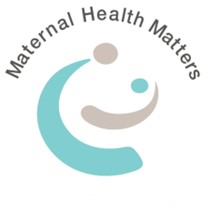Consent, what matters to you most?

We know that how support pregnant women in making truly autonomous decisions in accordance with current consent law is poorly understood and problematic for both the woman and maternity care professionals (MCPs).
Consent law requires that a woman’s preferences, values and what she believes important, be considered by the MCP. Yet as we know many MCPs do not understand this, and the process of consent remains pretty much dominated by clinical risk. This approach is sometimes called pulling the dead baby card – where the maternity care provider focuses on risk to influence the decision-making of a pregnant woman.
A recently published observational study; recognises that obtaining consent was not always in line with consent laws, identifying four themes that impact on informed consent:
- Clinical framing / focus – by framing the consultation in terms of the clinical decision to be made MCPs missed the opportunity to assess what really matters to the pregnant woman. For many women the opportunity to feel that their previous experiences had been ‘heard’ was an important but a sometimes neglected prelude to the ensuing consultation;
- Clinical risk – discussions around clinical risk do not always reflect accurately the situation especially when discussion of reasonable alternatives was not included and the women’s understanding of information was seldom verified making compliance with consent law questionable;
- Parallel narrative – woman-centred experience – the emphasis on clinical risk can lead to the neglect of other factors which are relevant to a woman’s decision-making. For pregnant women social factors such as the place of birth and partner influences were as or more important than considerations of clinical risk yet were often missed by MCPs;
- Genuine dialogue occurred when effective interaction between the clinical and patient narratives was influenced by trust and empathy and explicit empowering language by MCPs.
The core principles of respectful maternity care support the building of respectful professional relationships -collaboration, communication, co-operation, compassion and the building of trust and respect. Only then will women have the information they need to make an informed decision and give consent.
The link to the research paper – Consent in pregnancy – an observational study of ante-natal care in the context of Montgomery: all about risk?
For more information on informed consent
